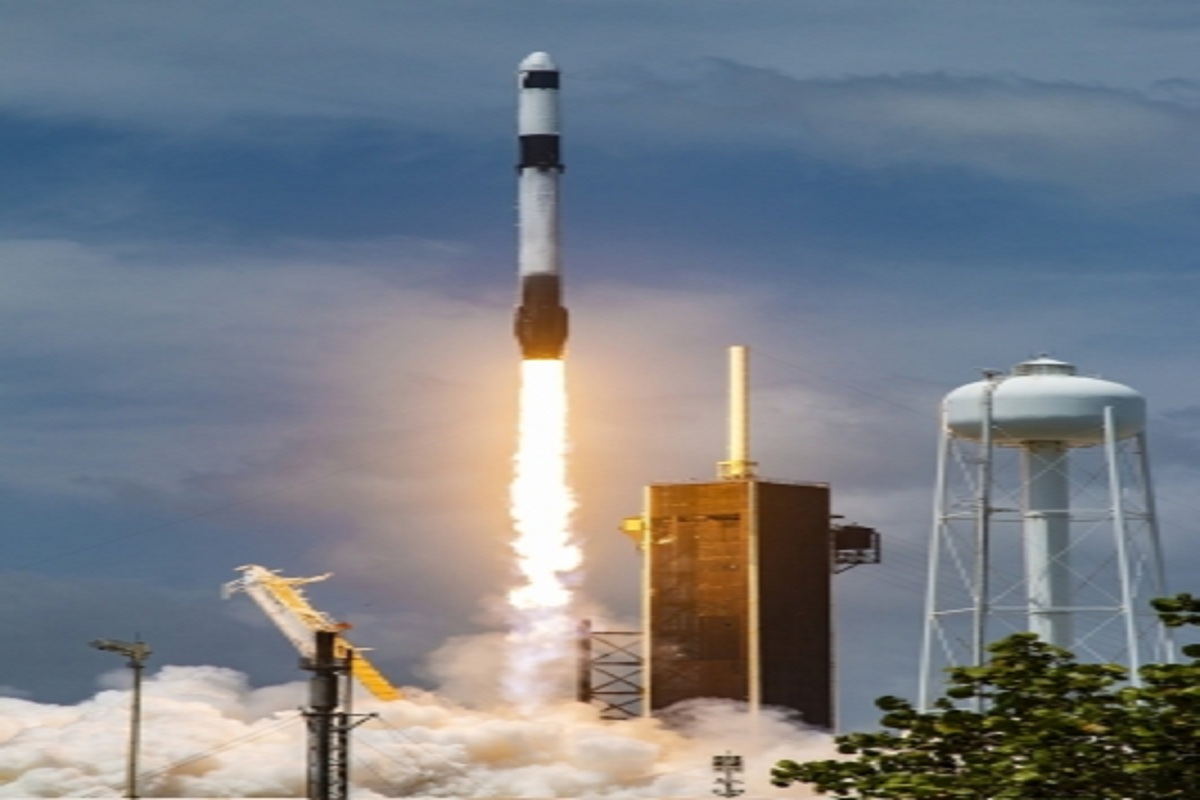Elon Musk’s Space Exploration Technologies Corporation’s, commonly known as SpaceX, Falcon 9 rocket will fly Indian satellite startup Azista BST Aerospace Pvt Ltd’s first satellite sometime this month, said top officials of the Indian company.
“The orbiting of our 80 kg satellite ABA First Runner (AFR), a remote sensing satellite, is expected to happen sometime during the middle of this month (June 2023),” Sunil Indurti, Director told IANS.
Advertisement
Azista BST Aerospace is an Indo-German satellite manufacturing joint venture floated by India’s Azista Industries Pvt. Ltd (holding 70 per cent stake) and Berlin Space Technologies GmbH (holding 30 per cent stake).
“Currently the company is funded by Azista Industries. We are not for venture capital funding. We have a long term outlook in business,” Indurti added.
An engineering graduate from the famed College of Engineering, Guindy in Chennai Indurti got into the space sector after founding and exiting an ice cream parlour chain in Hyderabad.
“My ambition during the college days was to build a national brand,” Indurti said.
Soon after exiting the ice cream venture, Indurti met Srinivas Reddy Male, Managing Director and a Director with pharma company Hetero and both decided to get into satellite manufacturing.
“We initially started as a vendor for Indian Space Research Organisation (ISRO) and set up a factory in Ahmedabad in Gujarat. We have also set up weather stations for DRDO and others,” Indurti said.
Queried about the choice of SpaceX’s rocket instead of India’s own Polar Satellite Launch Vehicle (PSLV) of Indian Space Research Organisation (ISRO) Indurti said, the US company had the slot for the satellite in its rocket.
When Azista BST Aerospace booked its slot on the Falcon 9 rocket, the Indian space sector was undergoing change with the setting up of the regulator for the private players.
Further, unlike SpaceX that flies several rockets in a year, ISRO’s PSLV launches are very low.
“Launch cost wise ISRO is competitive,” Indurti added.
“We are yet to decide on owning a constellation of satellites and generating revenue from selling the data,” he added.
As to the challenges in local sourcing of the satellite components, Indurti said the semiconductor chips have to be imported and not easy to localise. The satellite reaction wheels and other subsystems are made by the company.
“The local content will be about 70 per cent and going forward we will increase it to 80 per cent,” Bharath Simha Reddy P., Business Development Manager told IANS.
According to Bharath Simha Reddy, the company’s target is to make about 100 satellites per year that would weigh between 50-200 kg.
Speaking about the operations, Indurti said Azista BST Aerospace makes sub-systems for other satellite makers and decided to make small satellites for defence and commercial usage.
Indurti said the current plan is to sell the remote sensing data acquired from the first satellite to others. The success will also prove the Azista BST Aerospace’s capability in building satellites.
The company’s first remote sensing satellite AFR will provide a panchromatic image with five metre resolution with a Swath of 70km.
According to Bharath Simha Reddy, the company has potential customers — in strategic and agriculture sectors — for the data to be acquired from the first satellite and as well as analytics. Most of the customers are located in SouthEast Asia and other parts including India.
“In next two/three years, there will be three/four missions to demonstrate our satellite payloads,” Bharath Simha Reddy added.











